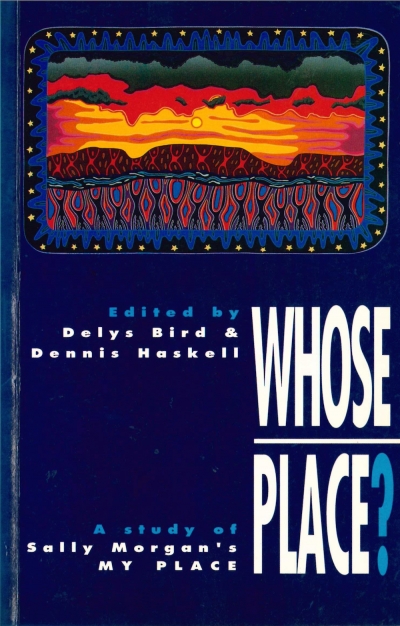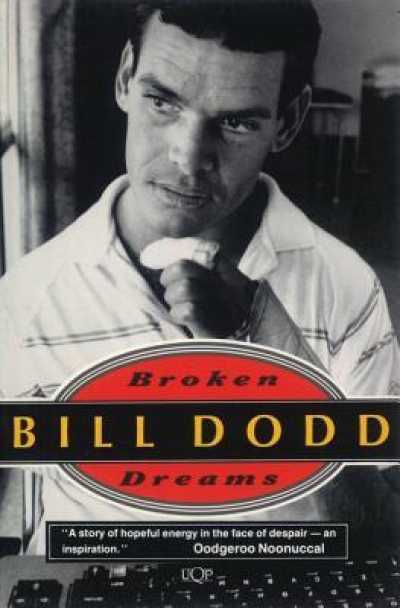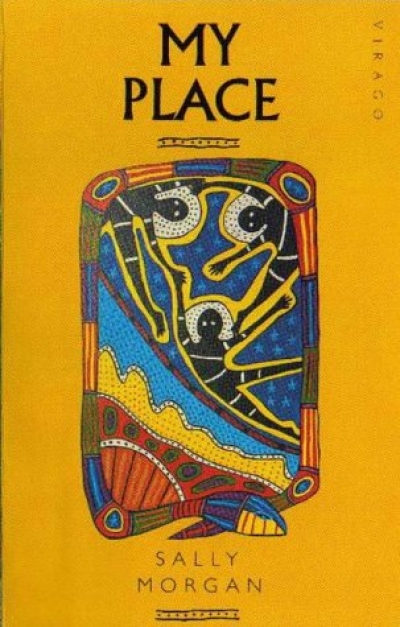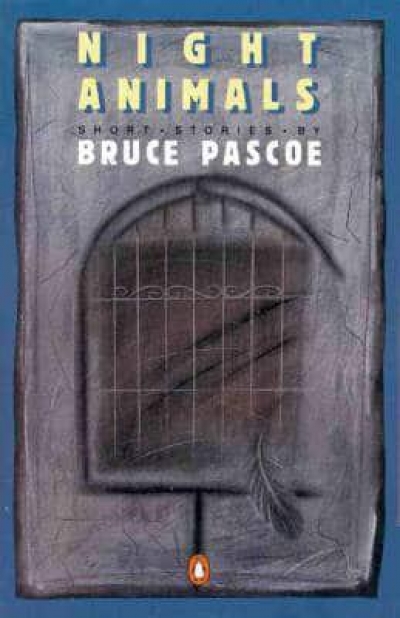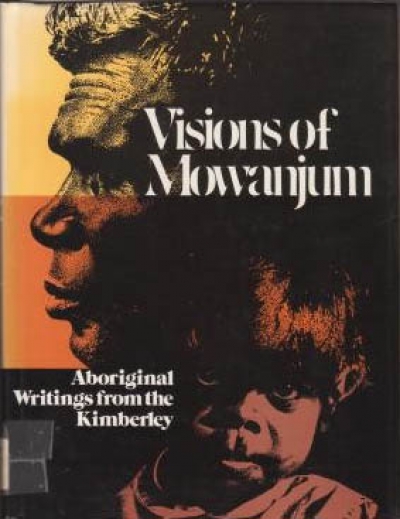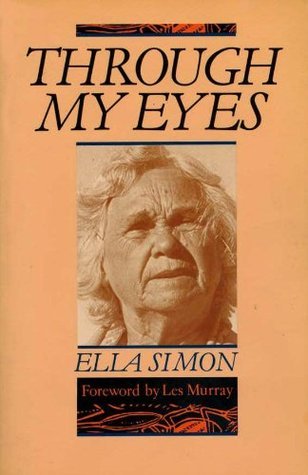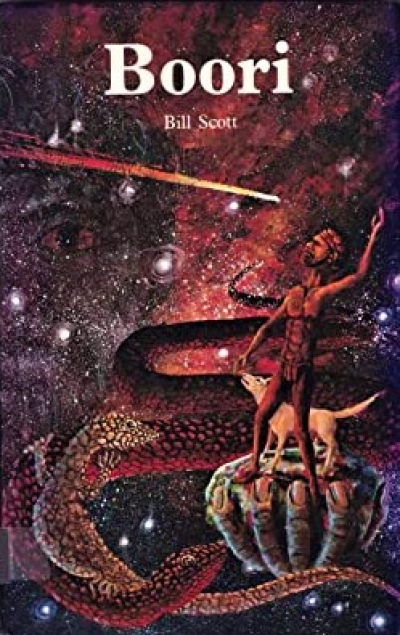Accessibility Tools
- Content scaling 100%
- Font size 100%
- Line height 100%
- Letter spacing 100%
Indigenous Writing
Whose Place?: A study of Sally Morgan’s My Place edited by Delys Bird and Dennis Haskell
by Bill Perrett •
Visions of Mowanjum: Aboriginal Writings from the Kimberley by Daisy Utemomorrah et al; Maisie McKenzie
by David Martin •

